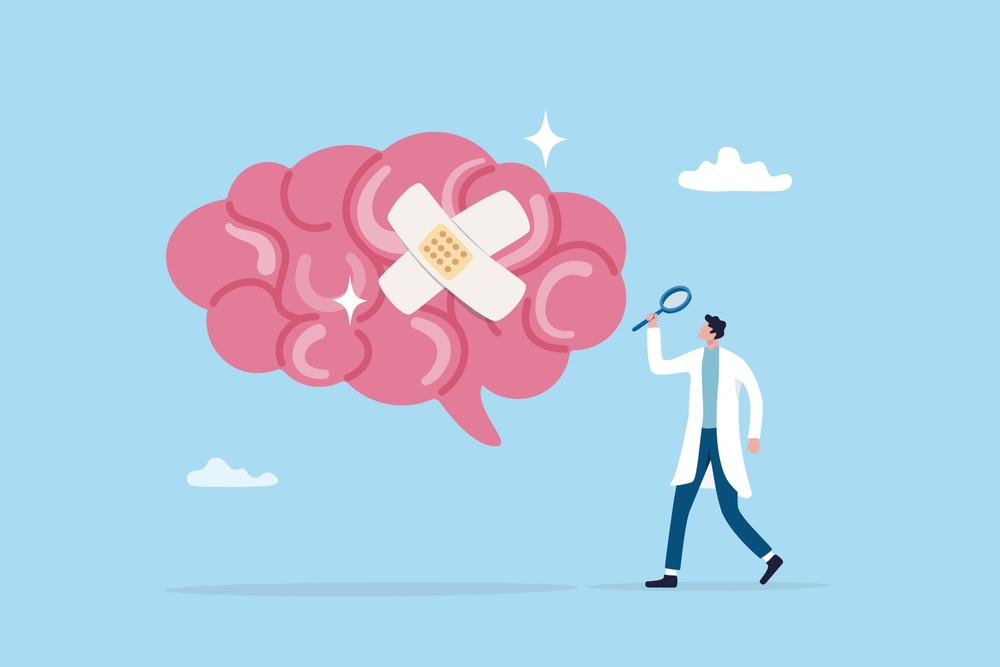Eating disorders are serious mental health conditions that affect both the body and the mind. They often involve extreme emotions, attitudes, and behaviors surrounding food, body weight, and self-image. Recovery is possible, but it requires time, understanding, and professional care. In this post, we explore how eating disorder recovery support built on compassion and guidance can lead to long-term healing and a healthier relationship with food and self.
Understanding Eating Disorders
Eating disorders come in several forms, including anorexia nervosa, bulimia nervosa, binge eating disorder, and other specified feeding or eating disorders (OSFED). These conditions may lead to significant physical health risks like malnutrition, heart issues, or digestive problems, and are often accompanied by anxiety, depression, and obsessive behaviors. Eating disorders are not simply about food—they reflect deep emotional struggles, low self-esteem, and the need for control in an unpredictable world.
Early Signs to Watch For
Recognizing the early signs of eating disorders is crucial. These may include extreme food restrictions, obsessive calorie counting, frequent visits to the bathroom after meals, intense fear of gaining weight, distorted body image, excessive exercise, and secretive eating patterns. If left untreated, these behaviors can escalate and pose life-threatening risks. Early intervention through eating disorder recovery support greatly increases the chances of successful recovery and reduces physical complications.
The Importance of Compassion in Recovery
Compassion is the foundation of all effective recovery journeys. People struggling with eating disorders often face intense guilt, shame, and social stigma. Judgment or criticism only deepens their pain. Supportive care that emphasizes empathy and non-judgmental communication allows individuals to feel seen, heard, and valued. Compassion helps create a safe space where healing can begin and encourages individuals to trust the process and believe in their ability to recover.
Professional Eating Disorder Support Options in India
Recovery from an eating disorder often requires a multidisciplinary approach that includes psychologists, nutritionists, psychiatrists, and primary care physicians. Psychotherapy methods such as Cognitive Behavioral Therapy (CBT), Dialectical Behavior Therapy (DBT), and Family-Based Therapy (FBT) are widely used. Nutrition counseling plays a crucial role in re-establishing healthy eating habits and correcting nutrient deficiencies. In India, reliable treatment is available through organizations like SCARF India and MPower Minds, which offer specialized services for mental health and eating disorder care. If you’re unsure how to begin, contact us for personalized guidance and support.
Online Support and Community Connection
In today’s digital world, eating disorder recovery support is also available online. Online therapy sessions, virtual support groups, and digital self-help programs can be a valuable complement to in-person care. These platforms reduce geographical and social barriers, making it easier for individuals to access help confidentially. Peer support groups provide an opportunity to connect with others who understand the journey, reducing isolation and inspiring hope through shared experiences.
Supporting a Loved One with an Eating Disorder
If you suspect someone close to you is struggling with an eating disorder, approach them with sensitivity and care. Express concern without blame, avoid comments about weight or appearance, and encourage professional support. Be patient—recovery is not linear, and setbacks are common. Celebrate small victories and continue to offer your support, reminding them that they are not alone. Your compassion can be a powerful motivator in their recovery journey.

Long-Term Recovery: Building Resilience
Eating disorder recovery is not just about restoring physical health; it’s also about rebuilding a positive self-image, developing coping skills, and finding balance. Journaling, meditation, art therapy, and body-neutral fitness practices can support emotional healing. Developing a support system of friends, family, and professionals reinforces accountability and resilience. Avoiding diet culture, toxic social media, and comparisons also strengthens recovery. Healing is a journey, and progress should be measured by emotional growth, not just weight or meal plans.
Final Thoughts
Eating disorder recovery support must be rooted in compassion, understanding, and professional guidance. Whether you’re personally navigating this path or supporting someone who is, remember that recovery is possible and help is available. Small steps forward matter, and every effort counts. If you or someone you care about needs support, don’t wait—reach out today to start the healing journey. A healthier, happier life is within reach, and it begins with the choice to seek support.
Learn more about mental health through our related content, designed to support your journey toward understanding and healing.
Understanding the Different Types of Mental Disorders
Recognizing the Symptoms of Mental Illness: A Guide to Early Awareness

